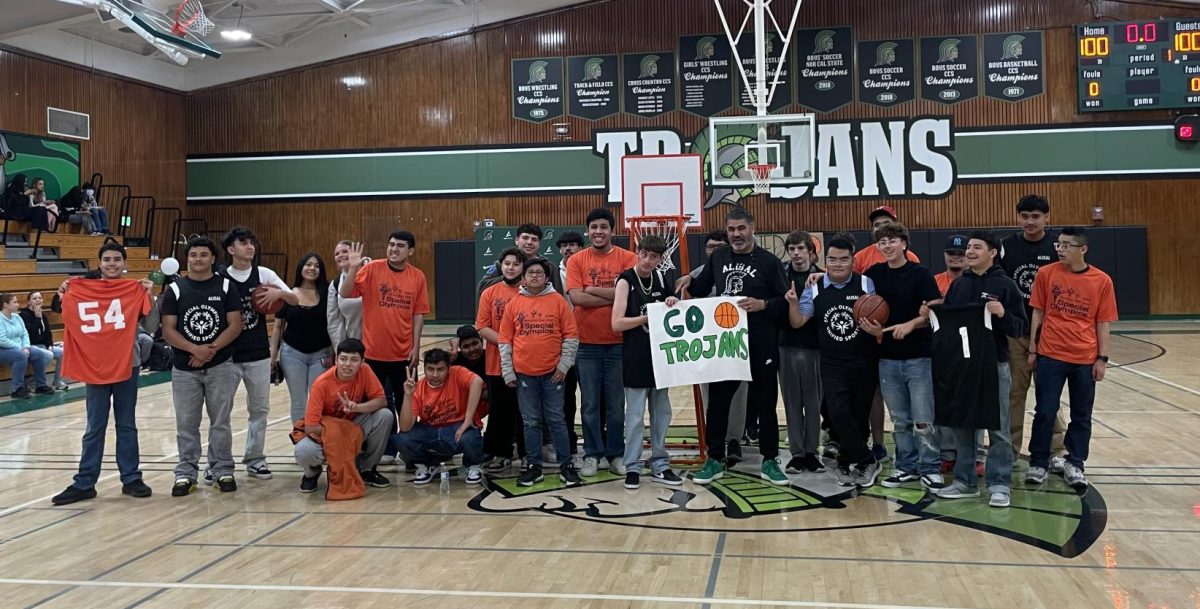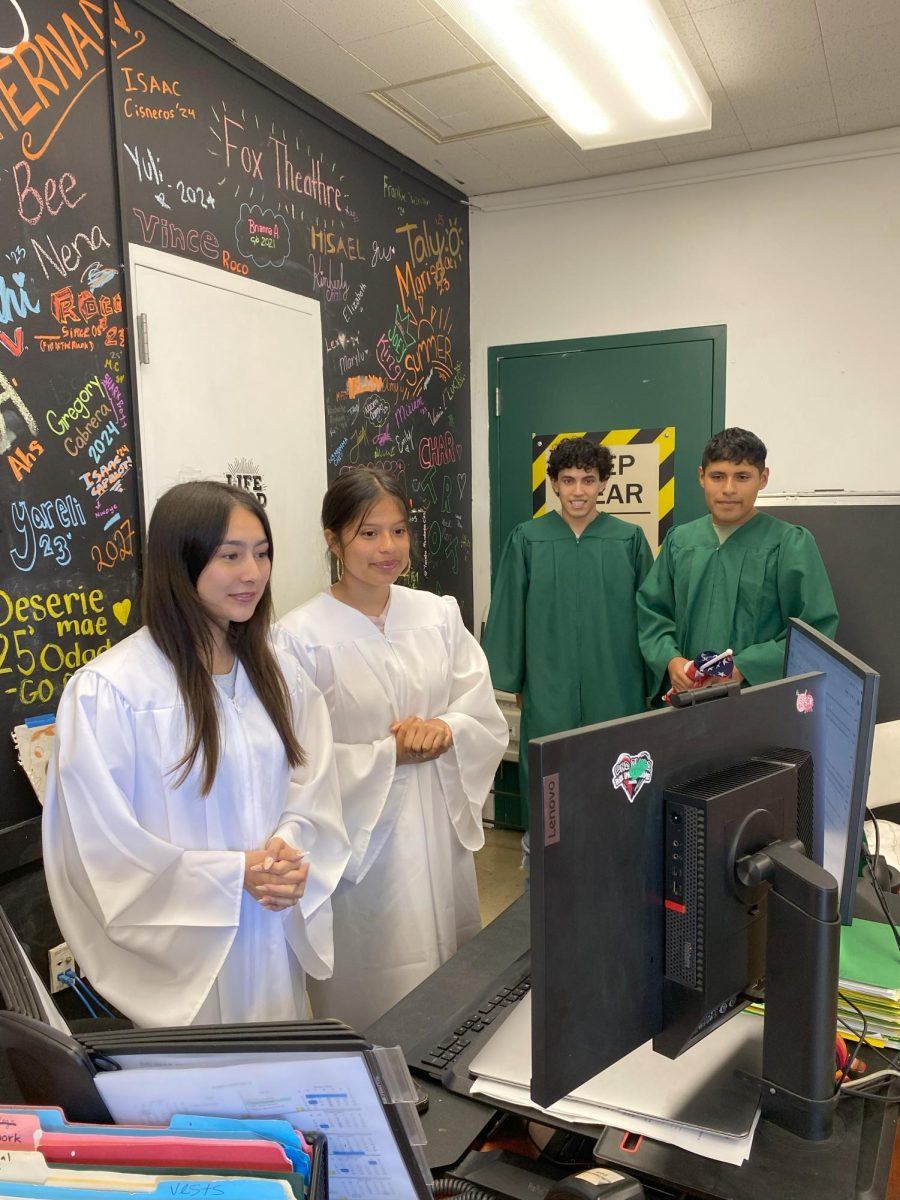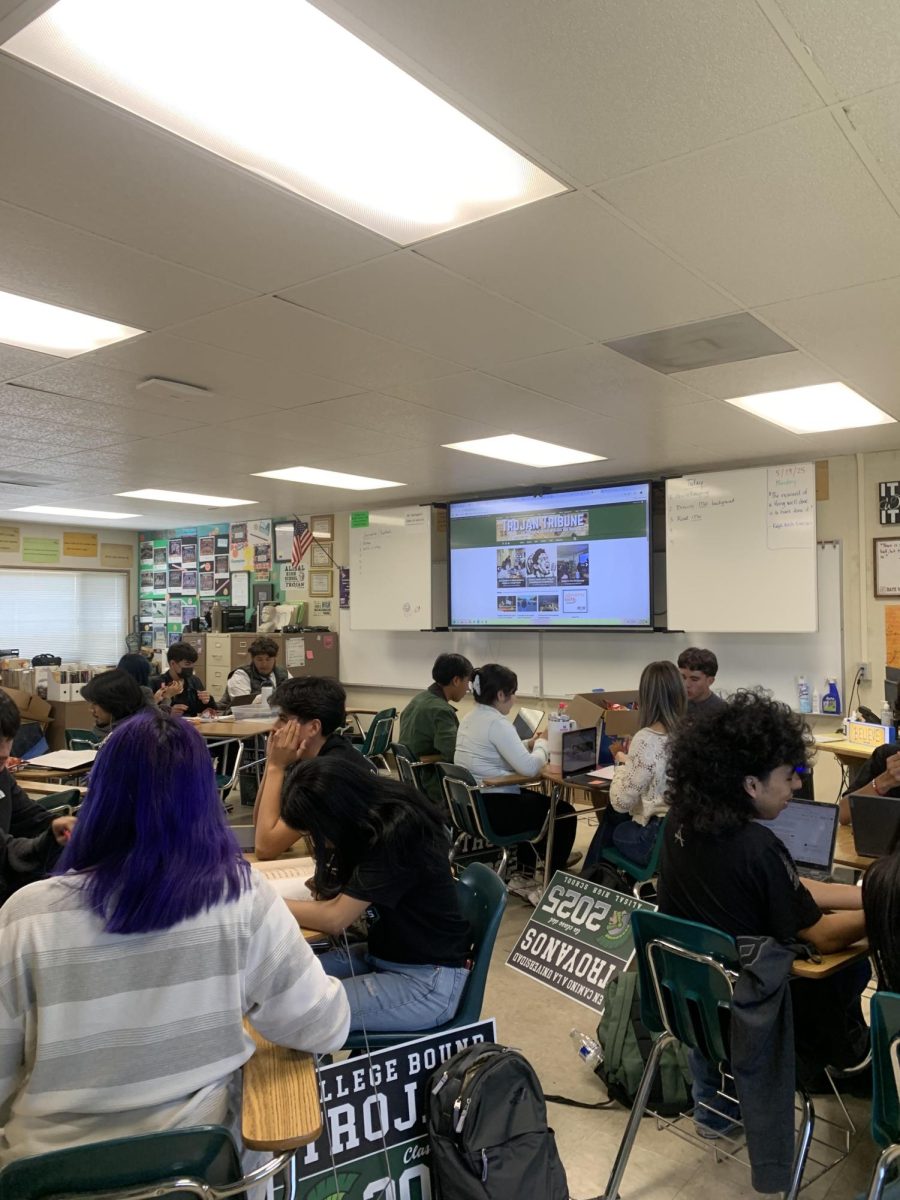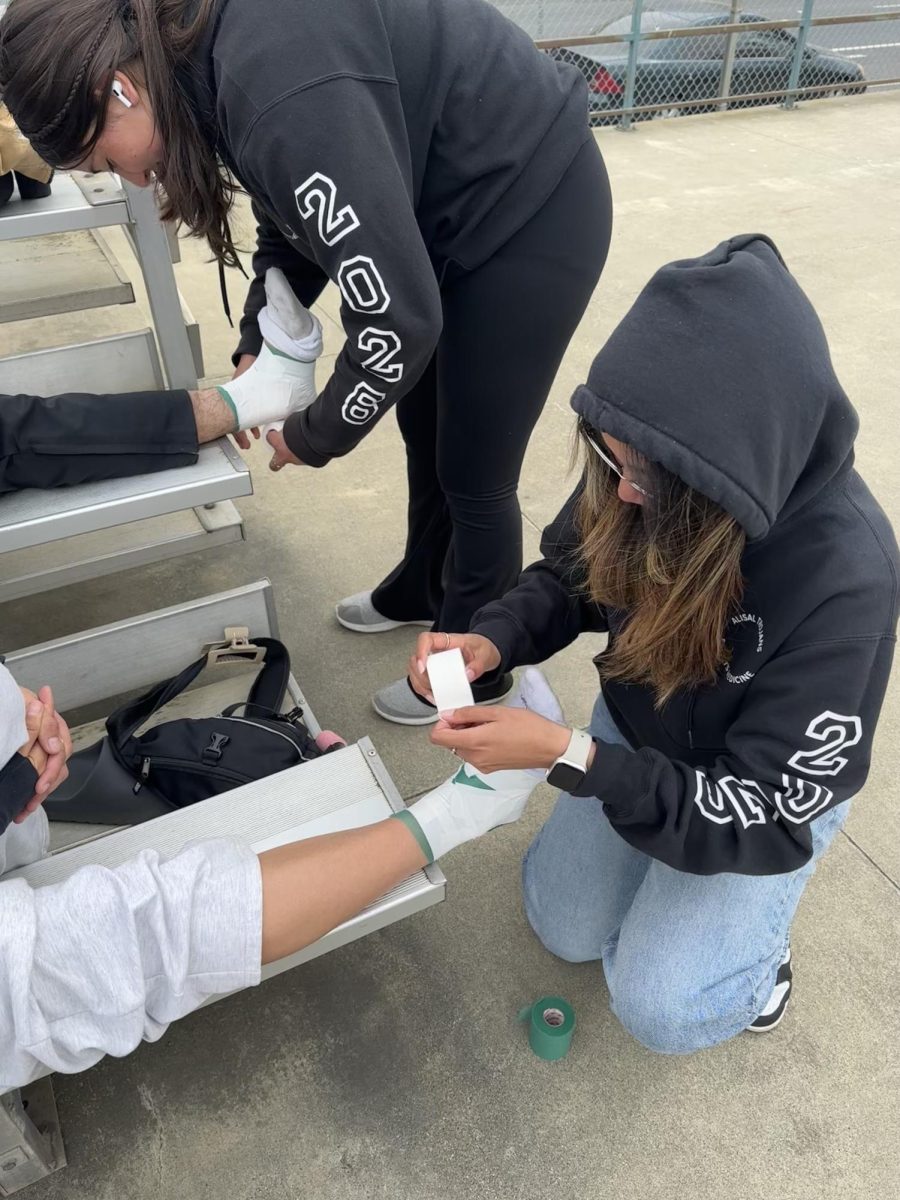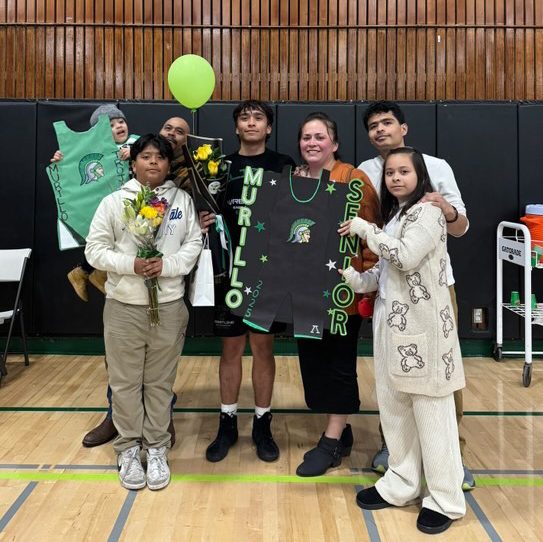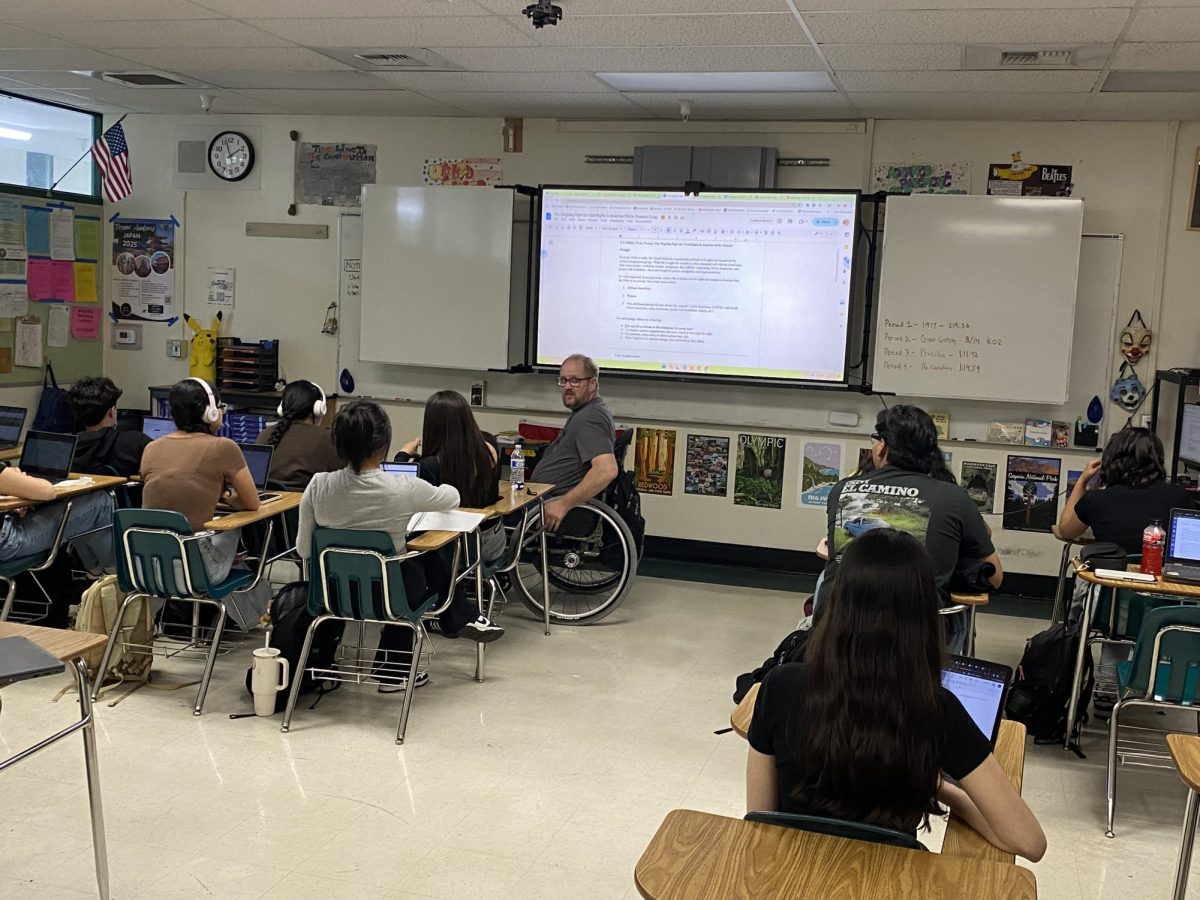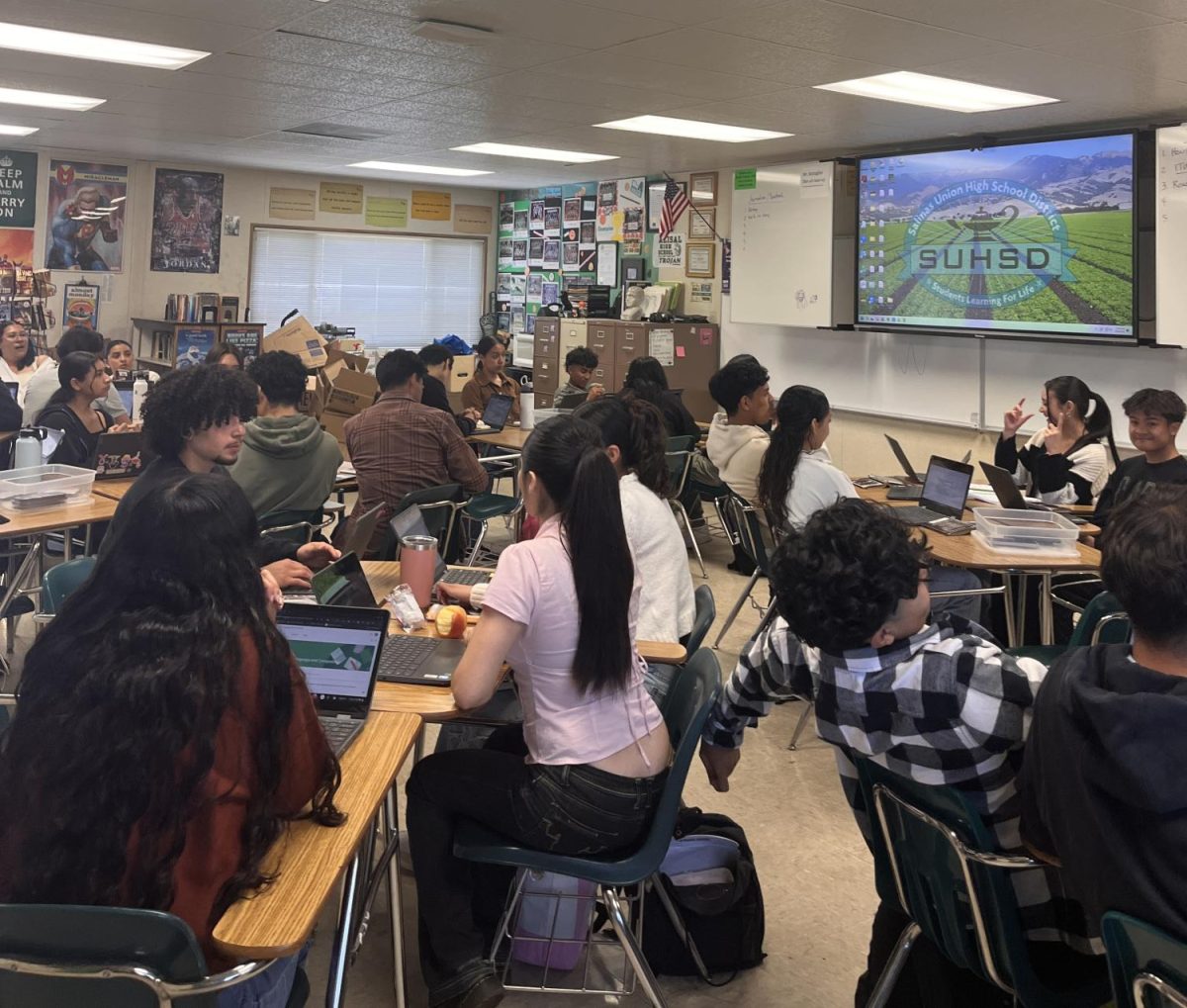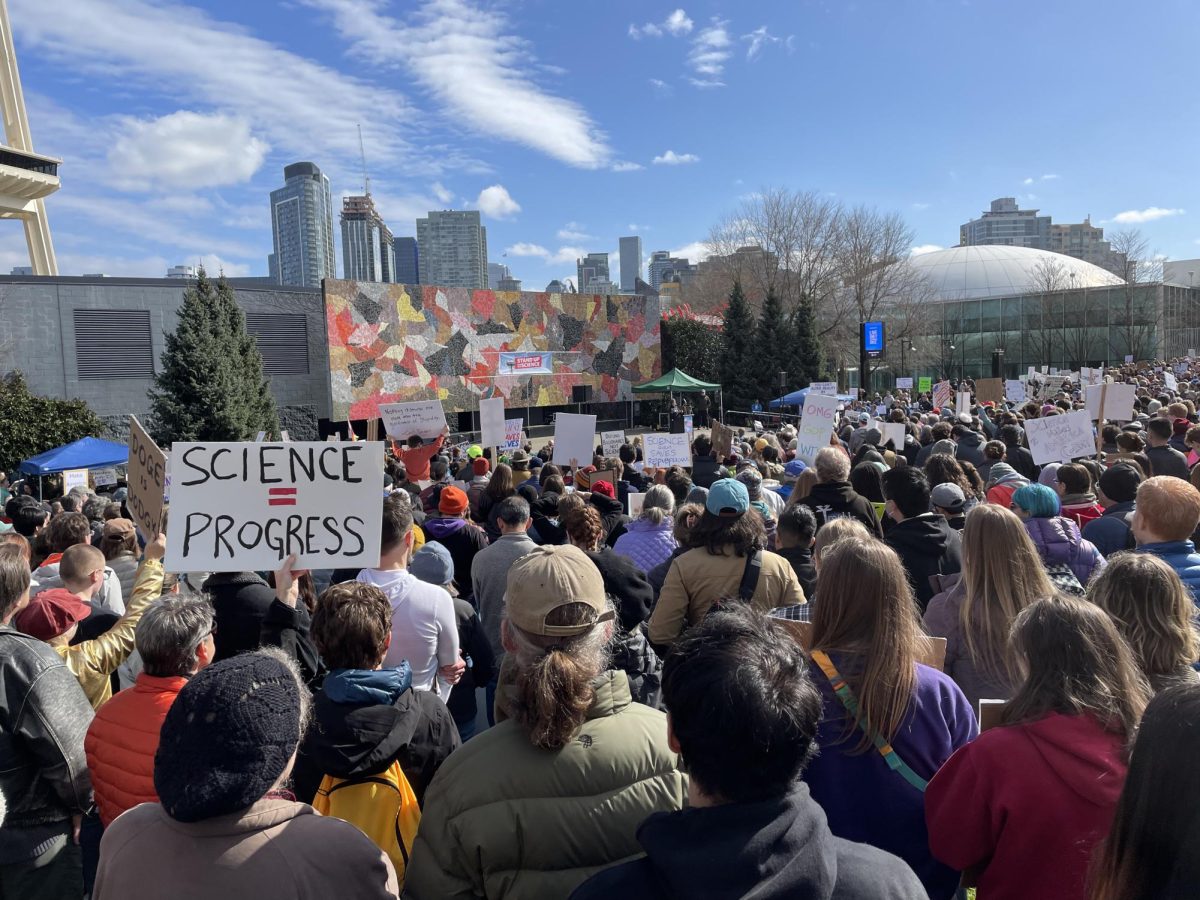As a child, I always answered everything with, “Why?” My investigative nature seemed like the perfect match for research. But fast-forward, and our current president, Donald Trump, and his administration are trying to cut down on funds for research.
Two months following Trump’s inauguration, research money awarded at the National Science Foundation dropped from $64 million in 2024 between January 21 and March 27 to $16 million during the same period in 2025. The amount of money awarded has jumped from the triple digits to the double digits following this year.
It’s only a matter of pattern recognition to notice these numbers will continue to drop as the Department of Education and other federal agencies are under fire and in retaliation by the Trump administration.
According to the Trump administration, the cuts are a direct effort for the US government to put universities and student protestors in their place in order for universities to drop DEI programs. They are specifically targeting universities where students held pro-Palestine protests, claiming it was “anti-Semitic” sentiment, and that these protests go against our Civil Rights Act.
Harvard has been–to a great extent– targeted by the Trump administration, as they have decided to freeze $2.3 billion of federal funding to the university, which they are suing the administration for.
Besides the clear issue of these executive orders being an infringement on our freedom of speech and education, it will affect the status of our country as one of the greatest in technological and medical advancements.
Much of the research that the federal government funds is in various engineering and scientific fields such as agriculture, medicine, social sciences, space, and energy. These are all critical fields that can shape the lives of many individuals positively. For example, federal investment has been the driving force of cancer research and treatment that has saved the lives of 5.94 million individuals from 1975 to 2020 from five different types of cancers.
Cutting down funding for research is scary. It can delay the process of developing new treatments and cures, affecting the well-being and health of the public. Additionally, the cuts lead to unemployment for researchers or graduate students who are pursuing research or related fields. As a result, the field of research will become increasingly competitive–more than now–and we’d lose valuable minds as people will seek opportunities outside the United States. The cuts would reduce training programs for future scientists, and they would disproportionately affect less privileged communities.
We’re already starting to see discrimination in research. In Trump’s efforts to slash any policies promoting diversity, equity, and inclusion (DEI), National Institute of Health (NIH) employees have been told not to approve grants that include the words “trans,” “diversity,” and “women.” As well as searching through existing grants for these “trigger” words.
As an incoming college student who wants to pursue research–whether it is in internships, fellowships, or getting a PhD– these limitations worry me. While most of my future research will not focus on humanitarian studies since I’ll be majoring in Molecular and Cellular Biology, I feel I am still at risk.
Ever since I decided for myself that I wanted to pursue medical school, I knew it wouldn’t be easy, and I’d have to get a lot of background experience in the medical field to prove to med schools that I was worthy of admission.
For most top-ranking med schools, to even be considered, you need a good GPA, MCAT score, and be very involved in extracurricular activities. The most valued extracurricular activities are clinical, volunteer, research, and leadership. While on the pre-med track, I want to gain a lot of hours in clinical research, and I hope to find labs that specifically work on women’s health. The problem, however, is that plenty of these labs are run on government funding. I fear that the current diminution of research grants will limit my research opportunities, closing a lot of doors for me.
However, myself and others don’t plan to stop our journeys due to the consequences of an incompetent administration. Although there have been millions of dollars cut from critical research like biomedicine and thousands of layoffs in research, civil service, and healthcare positions, many refuse to bend down to Trump (including me).
Currently, Harvard University is filing a lawsuit against the federal government for the 2 billion cash freeze that Harvard Alumni and former US president Barack Obama, referred to as “unlawful.” Every university should follow suit in Harvard’s actions, but unfortunately, many are sticking to carrying out Trump’s executive orders, most notably, Columbia University.
Despite this, professionals and students alike are protesting the unjust cuts. Just previously, on March 7th, there was a Stand Up for Science protest in Washington Square Park. Thousands of scientists and supporters showed up in support of keeping science funded. Additionally, there were rallies across the US, and researchers even walked out of labs as a protest.
We, including myself, must continue to speak up about this injustice and fight against it. It begins with understanding, we need to know why this is happening and how it’ll affect us. No matter your status in the country, your race, or your upbringing, you must know that it will affect you tremendously, and if it’s yourself you don’t care about, then you must care about your family members and friends, because I can assure you: there will be consequences. When science is pushed back, we will not move forward.
Without an ounce of uncertainty, I believe that research is crucial not just to advance as a civilization (or to sound smart) but to improve the lives of each foot, paw, claw, or fin that touches this planet. Due to someone simply asking, “Why?” so many cures, treatments, and technologies have been created through the course of human history that have greatly impacted everyday life, and we must continue to foster this environment in our country.
Asking “Why?” and “How?” should be praised and applauded, not censored or eliminated. We can credit so many great discoveries to past and current researchers, the flu vaccine, the COVID vaccine, menstrual care, animal-to-human organ transfers, and In Vitro Fertilization (IVF).
The simple fact is that the advancement of science is the reason we’ve lived this long, and without it, we wouldn’t be here now.

